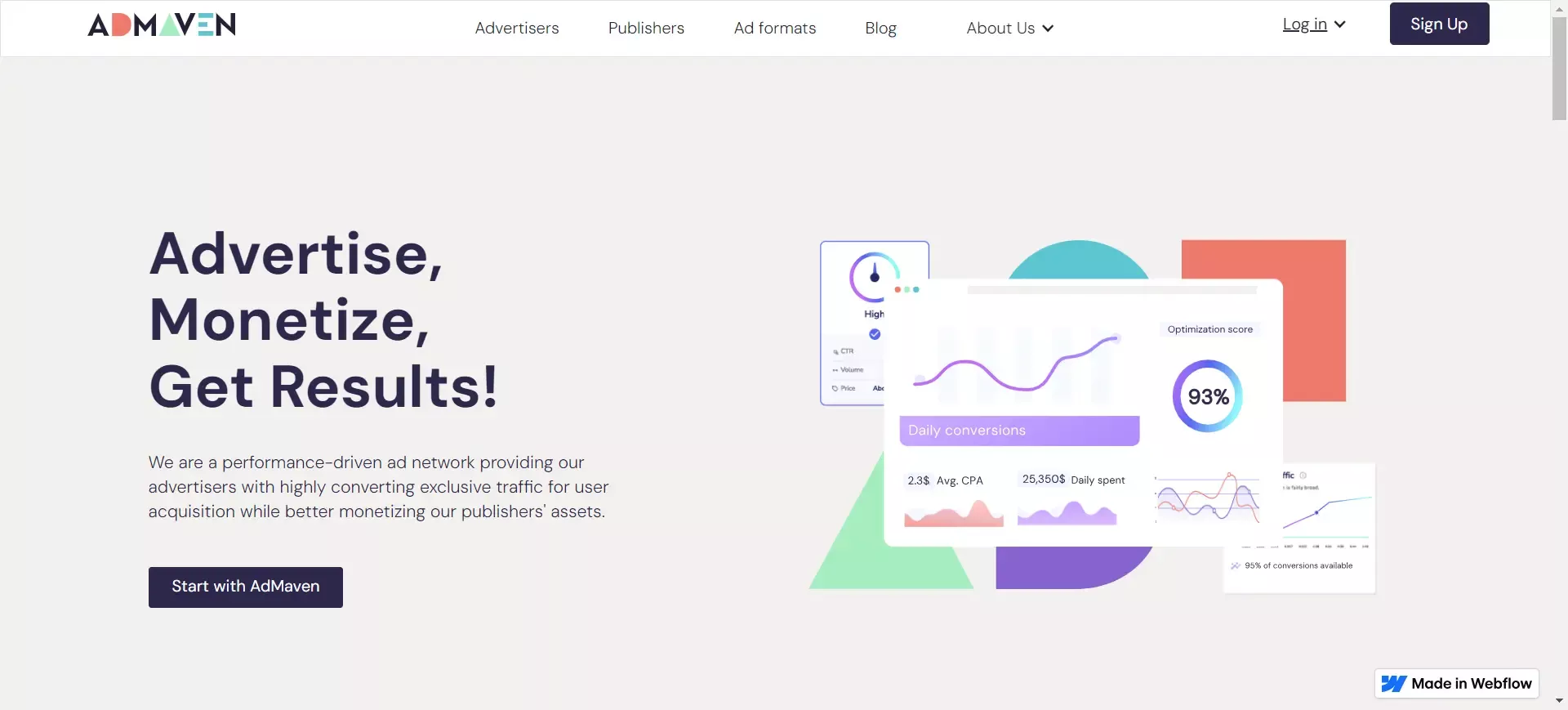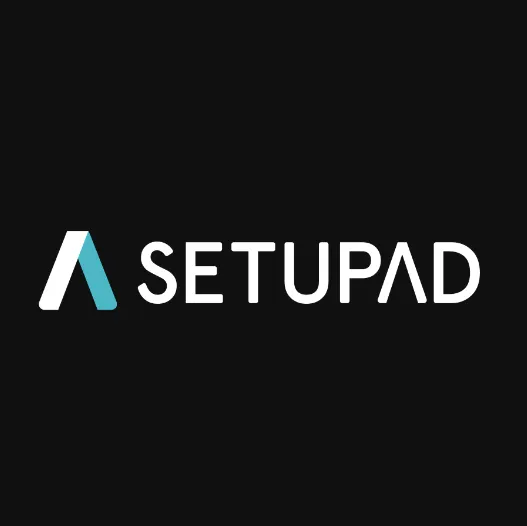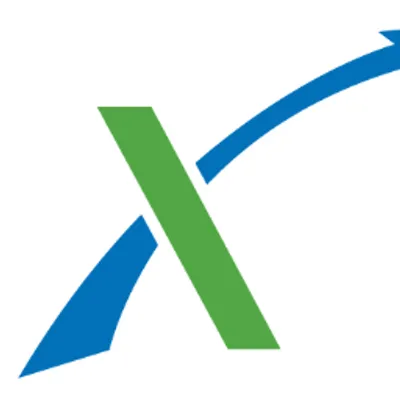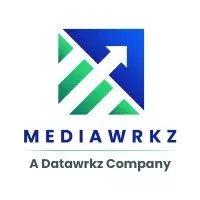Programmatic Advertising Tips for Beginners and Dummies
-
 By Editorial Staff
By Editorial Staff
-
26 March 23
Programmatic Advertising is the use of software to buy digital media space targeting specific audiences instead of buying ad spaces in conventional media channels. For instance, buying an ad space on a website that serves a particular demography instead of buying a primetime slot on TV can be done through programmatic buying in order to reach the target audience better. The aim is to optimize & improve the quality of Ads more. So, by reducing manual labor, one gets more time to plan other things more efficiently. Programmatic advertising is basically using computers to buy ads based on certain metrics so as to ensure optimal ROI. Investments in programmatic ads reached 39 billion dollars in 2018 in the US. It is predicted that B2B companies that are slow in the uptake of programmatic technology compared to B2C companies will speed up the adaptation process in 2019.
Summary
-
Programmatic Advertising Tips for Beginners and Dummies
- Zeroing in on the right Programmatic Ad Network
The benefits of Programmatic Ad Networks are:
- Increase in conversion rates.
- Ensure that users develop trust in the brand
- Provides digital transparency
- Real-time online advertising
- The budget can be directly transferred to the inventory.
- Better targeting.
- Streamlined campaign management.
- Easy access to ad inventories.
Zeroing in on the right Programmatic Ad Network
In order to choose the best possible programmatic Ad network, one must keep the following points in mind.
Inventory Size - A greater number of inventories with more advertisers ensures better competitive performance and better value for the media space.
Reputation - Good amount of Customer feedback, testimonials, and a portfolio comprising reputed brands are usually an assurance. One must preferably go with an Adtech with a good reputation in their particular niche.
Performance - When running an ad campaign, it's best to test the Ads first with a small budget; it's even better to do A/B split testing. It will help form a clearer idea of the possible analytic data of the actual Ad, thereby helping to choose the best-performing ad network.
Carefully Inspect the Underlying Technology - One must judge how much the Ad network is reliant on AI or Machine learning in its algorithms, how accurate the technology is in terms of delivering relevant ads to target audiences, how much approximations are being done with the analytical data, all these need to be assessed before proceeding with an ad tech network.
See what formats they support - Few ad networks offer multiple Ad formats like standard IAB display units, custom display units, text ads, rich media ads, video rolls, interstitials, pop-ups, pop-unders, in-text ads, search boxes, tag cloud, & other proprietary formats that are exclusive to them. Multiple formats of displaying Ads means that one can put more than one type of inventory to work and maximize a page's revenue all in one platform; one can also test them over a period of time to know which ones work best.
Customer Service - It is really important to choose an Ad network with good Customer Support because it will take you quite some time to get yourself acquainted with the software & or the working process of the ad network.
Programmatic Advertising Tips for Dummies
The following strategies are for beginners on how to get started on programmatic advertising platforms:
- Know your marketplace - The first thing to be done is to get comprehensive knowledge about the market in which you will be venturing. In the new unexplored area, there comes a number of new ideas and terms, which should be given much time and effort to learn.
- Set your goals - Before involving in the ad-serving process, you must use existing data to determine the type of advertising awareness, audience pattern, and engagement behavior and set the appropriate approach. This will allow you to determine short- and long-term goals effectively.
- Test different channels - It is difficult to test different channels for budgeting issues. But Programmatic advertising is beneficial here as there are a lot of partners that have inventory for multiple channels. The ability to run all the channels in one platform is the software's ability to attribute conversions across channels which are not duplicated. This allows you to test channels directly against each other.
- Delivering Targeted Audiences at Scale - After running ads in multiple test channels comes the stage where one needs to deliver effective ads to the targeted audiences. DSP ad networks make a bid on behalf of the buyers with the help of AI-operated algorithms to decide which buyer to select, what bid and whom to target, and how.
- Protect the brand - Programmatic algorithms can lead to ads appearing in the wrong place. It requires constant ensuring updating and monitoring of the DSP blacklist for inappropriate sites as websites keep changing their domains. Some platforms allow the exclusion of entire categories from ad spends. But when the product is sensitive, it is more helpful to use an allowlist. This will give a list of approved sites rather than denied ones. It will narrow your ability to reach your audience and will ensure no unsavory material is associated with your ad, but it can make it more expensive. If agencies are involved, ensure that they are excluding low-quality and sensitive sites in the ad-serving process. Some platforms allow you to exclude entire categories of content too, in addition to specific sites. If you have the option to do this, you should use it in conjunction with your blacklist, as category exclusions aren't always exhaustive. Low-quality, sensitive category sites often provide cheaper traffic. Often agencies do not use a blacklist or not be extensive with it because it can drive up the cost of the buy and make reaching your delivery KPIs difficult.
- Cookie reliance - Programmatic depends on cookies to track users across devices, so it's a challenging task when it comes to tracking users across devices. This is mostly the case across all display advertising channels, with the exception of social media platforms like Facebook, where the user is logged in and can be tracked even without cookies.
- URL Masking - URL masking is the process of hiding the URL so that a publisher lists their website in the ad exchange as a more reputable website. This is one-way publishers try to trick the programmatic auction process.
- Protection from Ad frauds - It is one of the biggest concerns across display advertising channels. However, programmatic ads are viewable at a rate of 44 percent to 55 percent, which aligns them with industry benchmarks. So programmatic advertising can have lower levels of ad fraud than other methods of display advertising. The machine learning algorithms used in programmatic help in identifying fraudulent ad issues and avoiding them.
The continually growing wave of programmatic is spreading across the whole digital advertising industry, not only staying limited to displays. And now, with the expansion of attribution modeling, the touchpoints are becoming easier to understand and optimize for results. An advanced ecosystem has formed around programmatic buying, with specialized ad providers and some larger agencies leading the way by building in-house platforms. With more advancements in technology in one decade since the start of this new technique of digital ad allocation, programmatic tools are becoming essential for the sophisticated buying and selling of media.
| Recommended Software | Category | Why Choose? | Signup URL |
|---|---|---|---|
| Setupad | Website Monetization | High CPMs, On time payments | Signup here |
| Refinery89 | Website Monetization | Easy installation, High CPMs | Signup here |
Blog FAQs

Editorial Staff at Publisher Growth is a team of blogging and AdTech experts adept at creating how-to, tutorials, listings, and reviews that can publishers run their online businesses in a better way.
View All PostsOur Editors’ Pick:
Browse these amazing publisher monetization tools handpicked by our team of editors

























